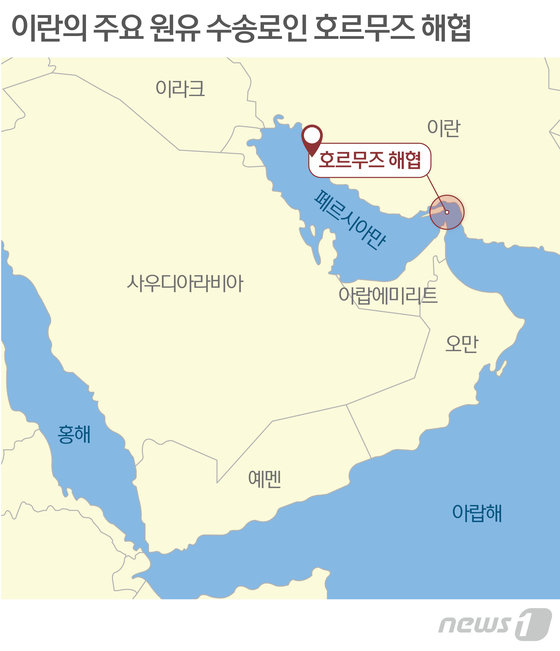Despite the intensifying war in the Middle East, international oil prices plummeted by more than 2%.
On the 11th (local time) on the New York Mercantile Exchange, West Texas Intermediate (WTI) futures are trading at $84.03 per barrel, down 2.26% from the previous trading day.
North Sea Brent crude futures, the benchmark for international oil prices, also recorded $86.27 per barrel, down 1.59% from the previous trading day.
International oil prices soared more than 4% in trading on the 9th immediately after Hamas attacked Israel, but fell for two consecutive days.
As the New York Times (NYT), a leading U.S. media outlet, reported that Iran was also surprised by Hamas’ attack on Israel, concerns that the Israeli-Palestinian conflict would spread throughout the Middle East decreased, and the U.S. Producer Price Index (PPI) fell for the first time in five months. It seems to be because it was the highest record.
On this day, the NYT dismissed the theory that Iran was behind Hamas’ attack on Israel, saying that Iranian leaders were surprised by Hamas’s surprise attack on Israel.
Accordingly, experts agree that it is unlikely that Iran will intervene in the Israeli-Palestinian conflict.
Experts believe that oil supplies will not be disrupted if the fighting between Israel and Hamas does not spread throughout the Middle East.
 ⓒ News1 DB
ⓒ News1 DBIn particular, if Iran intervenes in the Israeli-Palestinian conflict, Iran could block the Strait of Hormuz. The Strait of Hormuz is a key route for crude oil supply through which 17 to 18 million barrels of crude oil moves daily.
Experts agree that if the Strait of Hormuz is blocked, international oil prices will surge by $20 to $30 per barrel.
The PPI announced on this day also contributed to the sharp drop in oil prices. On this day, the U.S. Department of Labor announced that September’s PPI rose 0.5% compared to the previous month. This exceeds the market forecast of 0.3%.
The year-on-year increase rate was 2.2%, the highest level in five months since last April (2.3%).
Rising prices increase the likelihood of the Federal Reserve raising interest rates. If the Federal Reserve raises interest rates, demand for crude oil will inevitably decrease.
For these reasons, WTI appears to have fallen sharply on this day.
Source: Donga
Mark Jones is a world traveler and journalist for News Rebeat. With a curious mind and a love of adventure, Mark brings a unique perspective to the latest global events and provides in-depth and thought-provoking coverage of the world at large.